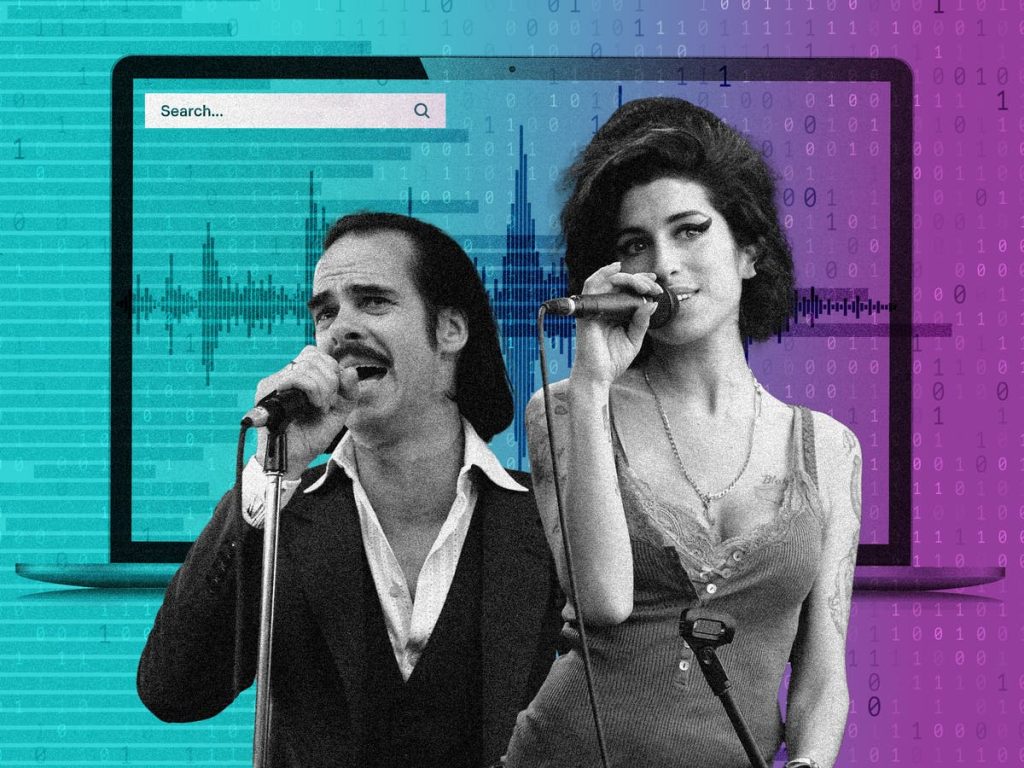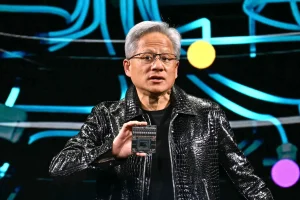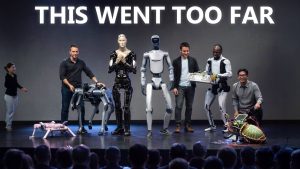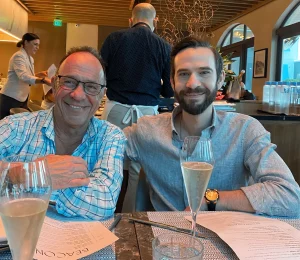The Future of Music: Can AI Replace Human Songwriters?

At the start of 2023, AI technology stirred up controversy among musicians. Nick Cave publicly criticized a fan-generated song created by ChatGPT, calling it a “grotesque mockery” of human expression.
AI tools like Audoir and ChatGPT can now generate lyrics and music in the style of famous artists. However, while the technology is impressive, it raises serious questions about the emotional and creative depth of AI-generated music.
The Rise of AI in Music Creation
At the start of 2023, Nick Cave expressed his frustration with AI technology that attempted to mimic his songwriting. He received a fan-generated song, imitating his style, created by ChatGPT. Cave’s reaction was strong, calling it a “grotesque mockery of what it is to be human.”
The use of AI in music creation isn’t new. Tools like Audoir, Jarvis, and ChatGPT can generate lyrics and music in the style of well-known artists. From Amy Winehouse to Kurt Cobain, AI has been applied to emulate the unique styles of legendary musicians. One notable project, The Lost Tapes of the 27 Club, used AI to create songs in the style of artists who died at 27, like Winehouse and Cobain. Their music was analyzed to replicate their distinctive musical elements, demonstrating AI’s capabilities in music.
Limitations of AI-generated Music
Despite its efficiency, AI in music is seen as fundamentally lacking in originality and emotional depth. Professor Nick Bryan-Kinns, a machine-learning music specialist, stated, “AI music is essentially pastiche… AI is not actually creating meaning itself.” He emphasizes that AI-generated songs are always derivative, based on existing human creations, and cannot innovate or express genuine emotions.
Bryan-Kinns noted that AI lacks personal experiences essential to songwriting. It doesn’t feel love, loss, or joy. Therefore, it cannot create music that truly resonates on an emotional level. As Nick Cave pointed out, “Songs arise out of suffering… as far as I know, algorithms don’t feel.”
In 2018, Iranian electronica composer Ash Koosha introduced Yona, an AI singer-songwriter. Yona’s lyrics, though emotionally touching, were crafted from a mix of human-authored writings and online content. This shows that even the most seemingly emotional AI creations are ultimately reflections of human input.
Potential Threats to Human Songwriters
The rise of AI has sparked fear among human songwriters. Conal Kelly, a singer-songwriter featured on Radio 1’s Future Artists, shared concerns about AI diluting music tastes. He worries that songs written by AI might become so convincing that listeners can’t distinguish them from human-made ones. If the public starts preferring AI-generated music, it could demotivate young aspiring songwriters.
Kelly also fears the high standards set by AI with minimal effort could discourage new talents. Achieving an equal standard to AI might require years of practice, which could seem daunting to emerging musicians.
Historical Context of Technology in Art
Throughout history, new technology has often been met with fear. Early telephones were speculated to communicate with the dead, and the introduction of personal computers in the 1980s brought about ‘computerphobia’. Today, the anxiety revolves around AI potentially replacing jobs, including those of songwriters.
Bryan-Kinns predicts a worst-case scenario where AI dominates music production to the point human musicians can’t compete. He envisions a dystopian future where AI generates music tailored to social media trends, leaving no room for human artistry.
However, not all changes induced by technology are negative. Many believe AI could enhance the creative process. Bryan-Kinns suggests calling AI a “creative support tool.” It can assist musicians in overcoming writer’s block by providing different metaphors or ideas, acting as a superhuman collaborator.
Real-World Applications of AI in Music
One example of AI aiding human creativity is the pop band Blossoms, who used AI while writing their hit song “Your Girlfriend.” The frontman, Tom Ogden, used an AI song name generator and lines from a blog post to craft the song, demonstrating a blend of human and AI input.
Despite using AI for inspiration, songs like “Your Girlfriend” remain fundamentally human creations. This blending suggests that AI can be a valuable tool in the creative process without completely overshadowing human input.
Challenges of AI in Music Industry
A significant issue with AI in music is the lack of credit and compensation for original human creators. AI-generated songs use vast datasets of pre-existing music without acknowledging the original artists. This has led to concerns about ‘music laundering,’ where AI scrapes lyrics and melodies without providing proper attribution.
In response to this, the UK government proposed changes to copyright laws to prevent AI creators from exploiting musicians’ work without permission. These proposals were dropped, but the music industry remains wary of potential exploitation.
Historically, technological advancements haven’t replaced human creativity. For example, when “Daddy’s Car,” an AI-written song mimicking The Beatles, was released in 2016, it didn’t overshadow the legacy of the original band. Human stories and experiences remain central to music, and technology serves as a tool rather than a replacement.
Future of AI in Music
Looking ahead, musicians and experts are exploring how AI could coexist with human creativity. The consensus is that while AI can support and enhance the creative process, it cannot replace the unique emotional depth and personal experience that human artists bring to their work.
As Ash Koosha stated, “In music, the person is the product.” The industry will continue to value the personal stories of artists like Billie Eilish or Nick Cave over AI-generated content. Technology may change how music is made, but the human element will always be crucial.
Conclusion
The intersection of AI and music presents both opportunities and challenges. While AI can assist in the creative process, it cannot replicate the genuine emotions and experiences that define human artistry. As the industry evolves, the unique contributions of human songwriters will remain irreplaceable.
The intersection of AI and music presents both opportunities and challenges. While AI can assist in the creative process, it cannot replicate the genuine emotions and experiences that define human artistry. As the industry evolves, the unique contributions of human songwriters will remain irreplaceable.





